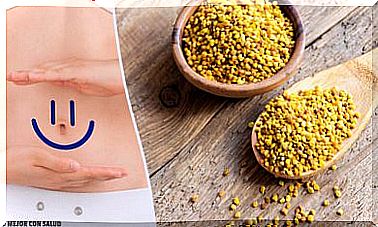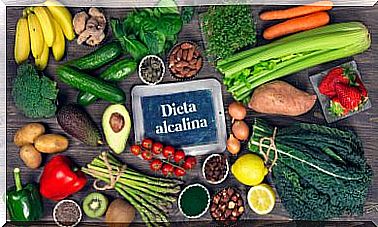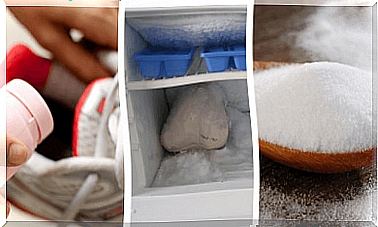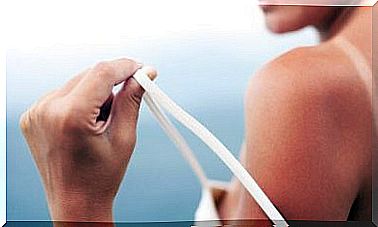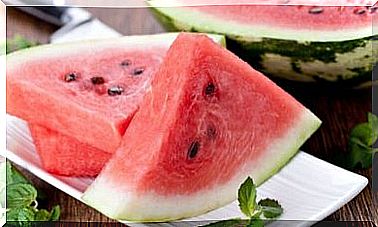How To Properly Clean The Stainless Steel Dishwasher?
Have you ever wondered how to properly clean your stainless steel dishwasher? This accessory in your kitchen is made of a resistant and durable material that does not require much maintenance. However, it is necessary to disinfect it and remove any food residue.
The accumulation of food and soap scum can become a breeding ground for both bacteria and fungi. Therefore, it is necessary to choose suitable products for cleaning and, as far as possible, apply them regularly. Find out more below.
Why is it important to clean the dishwasher?
Beyond aesthetic purposes and the preservation of the properties of stainless steel, there are health reasons to clean dishwashers made of this material. If not washed regularly, food and soap particles form layers of dirt and bacteria.
Coliforms are a family of bacteria found in plants, soil, and animals, including humans. They usually lodge in the digestive tract, and contaminate the water through fecal matter. Therefore, when food is prepared with untreated water, there is a high risk of contamination.
For its part, Salmonella infection affects the intestinal system. Symptoms include nausea, vomiting, diarrhea, fever, headache, and blood in the stool. In the case of E. coli, it can cause similar symptoms, albeit accompanied by severe fatigue and diarrhea.
So if you don’t clean your stainless steel dishwasher properly, you and your family are at risk of contracting such an infection. Remember that the sink is one of the places with the most contact with food.
How many times did you wash fruits or vegetables there? This is not to mention that it is the favorite place to defrost meats and that it also accumulates remains of food that are left on the plates.
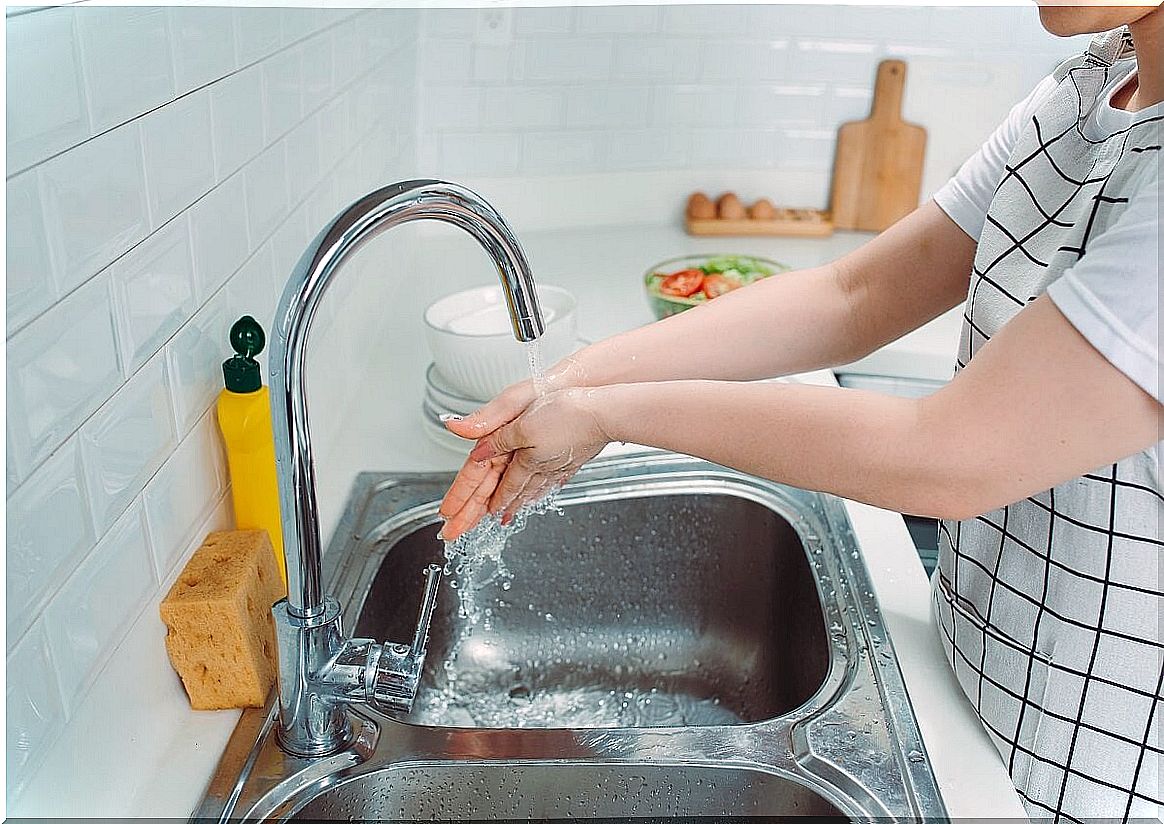
Tips for Properly Cleaning Your Stainless Steel Dishwasher
There are several methods to keep your stainless steel dishwasher spotless. Some are made from ingredients like vinegar and baking soda, known for their long history as a household hygiene product.
1. Rub with baking soda and vinegar
- To start, rinse the sink thoroughly with water and sprinkle it with baking soda. It works because it absorbs dirt and does not scratch the surface.
- Let this product sit for about 10 minutes on the surface.
- Then, sprinkle on some white vinegar and rub with a soft sponge.
2. Rinse
- To rinse the dishwasher, you can use a solution of one part vinegar mixed with two parts water. If you prefer, you can use hydrogen peroxide combined with cream of tartar. The latter acts as a degreaser.
3. Conditioning
- When it’s clean, pour a few drops of olive oil on a soft cloth and polish the sink and faucet. This helps reduce scratches.
4. Shine
- To polish the surface, spray rubbing alcohol. This product reduces grease on fingerprints. It dries very quickly and leaves things shiny.
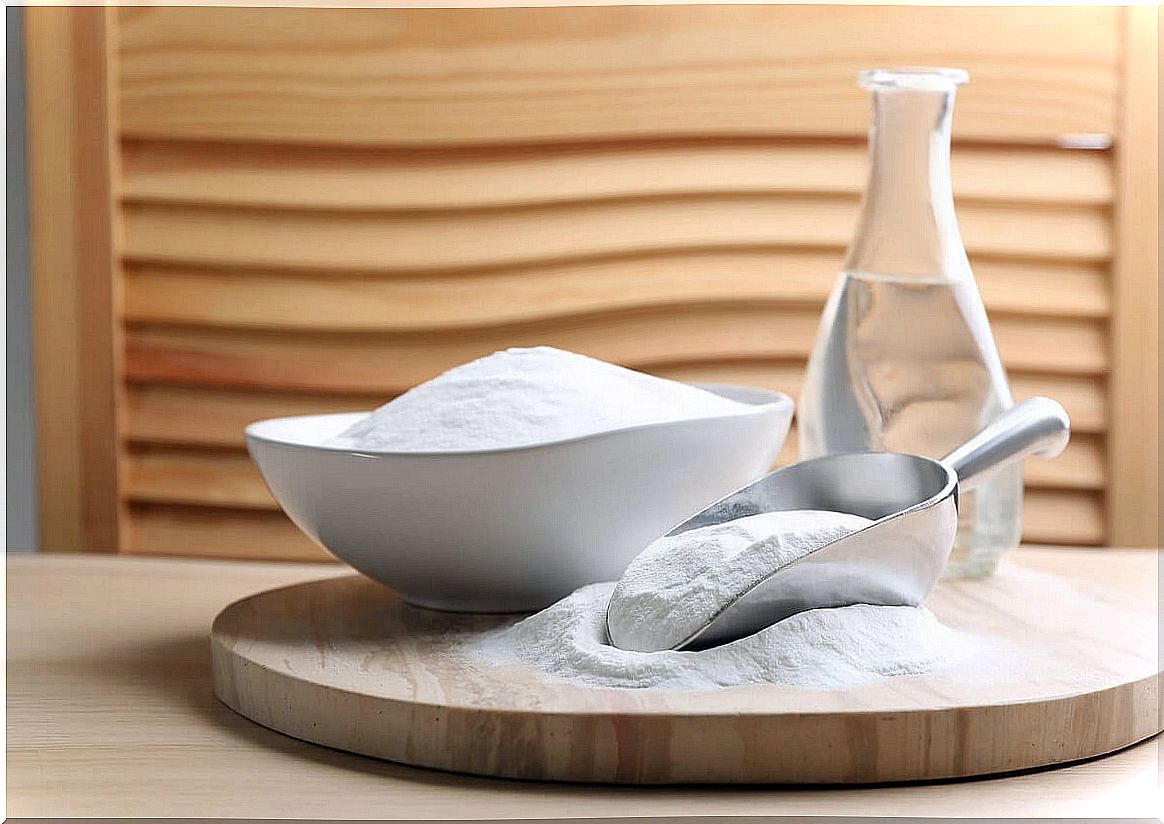
What should you avoid when cleaning the dishwasher?
When washing the dishwasher, avoid ordinary carbon steel brushes or steel wool, as the remaining iron particles can cause rust and corrosion. Also, be careful not to use oily rags or greasy cloths to polish the surface. Always use a clean and dry towel.
Other useful tips
To keep the dishwasher well cared for, you can take into account some recommendations such as the following:
- Do not accumulate soap cleaners, sponges, towels or rags in the sink, as they tend to dull the surface.
- Rinse regularly to prevent cleaner residue from affecting the natural shine of stainless steel.
- Do not leave steel or cast iron cookware inside for a long time. Iron and moisture on stainless steel can cause surface rust and staining.
- Rubber dish mats, damp sponges and cleaning pads trap water, can cause discoloration and staining.
- Do not use knives or sharp objects on the sink because they can damage it.
Finally, remember that to keep the dishwasher impeccable, it is advisable to dry it with a cloth after each use. Stagnant water can cause water deposits, increasing the risk of illness caused by Salmonella or E. coli.

